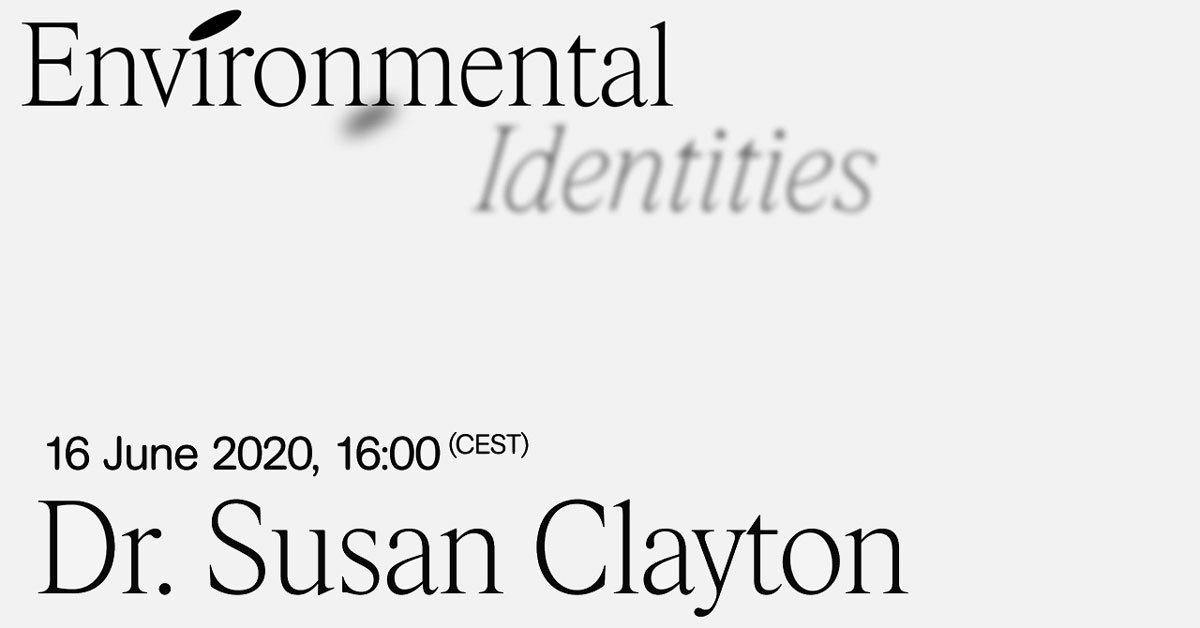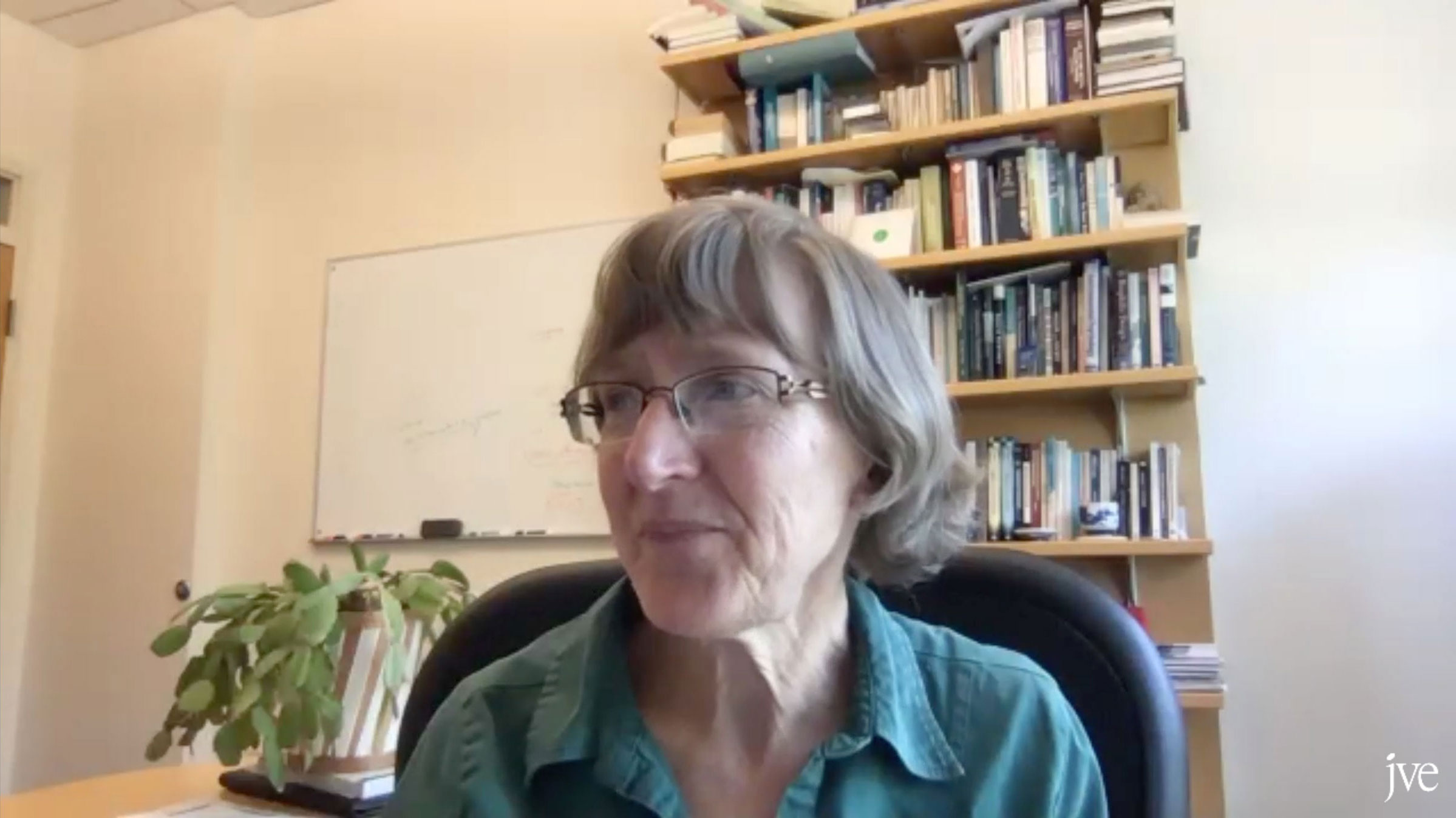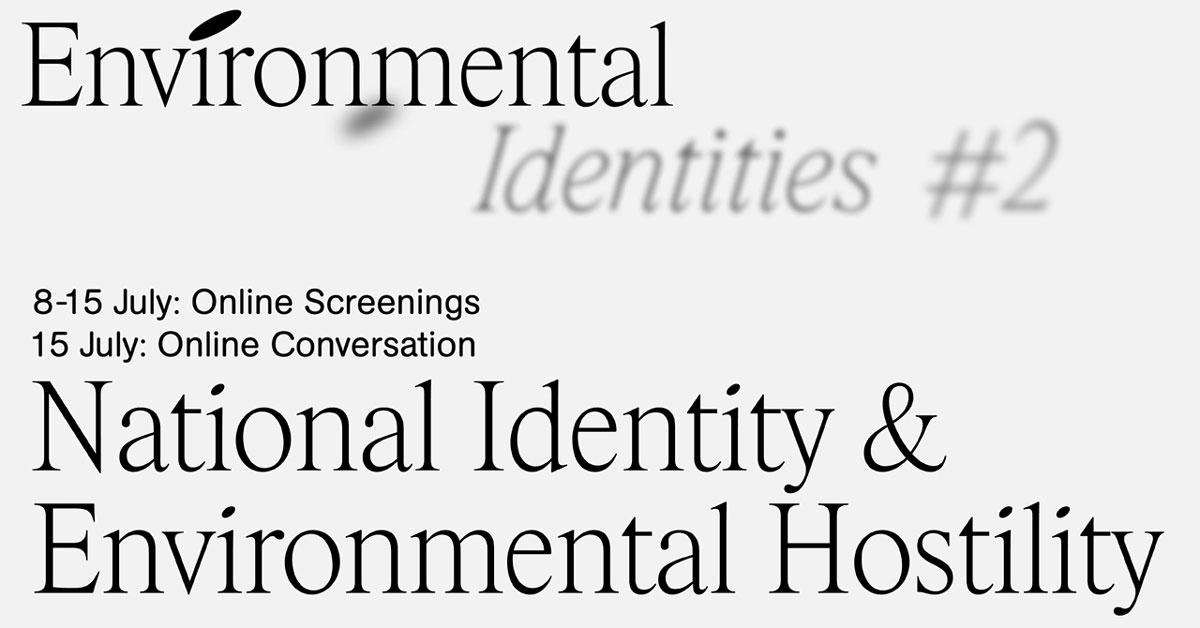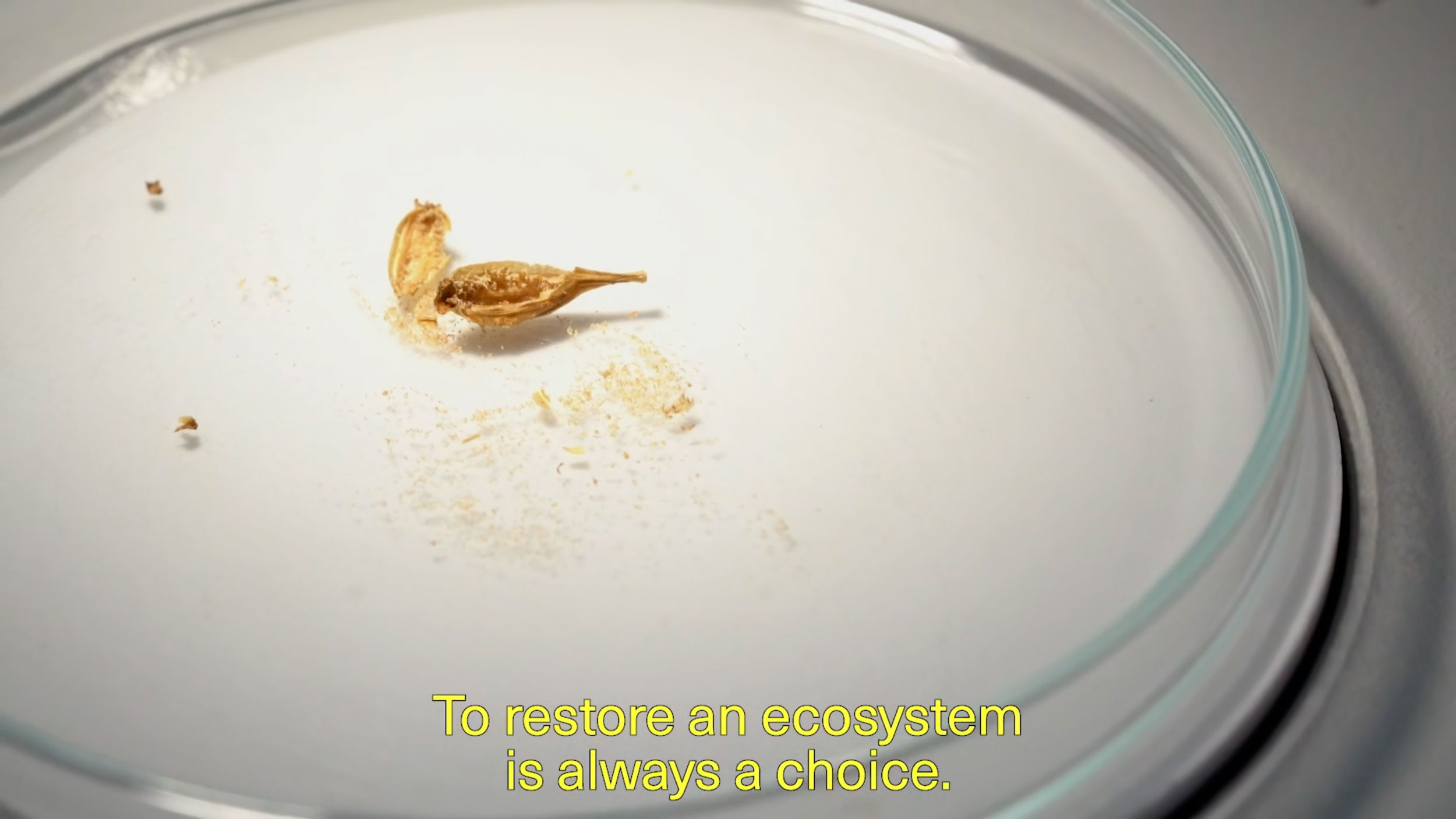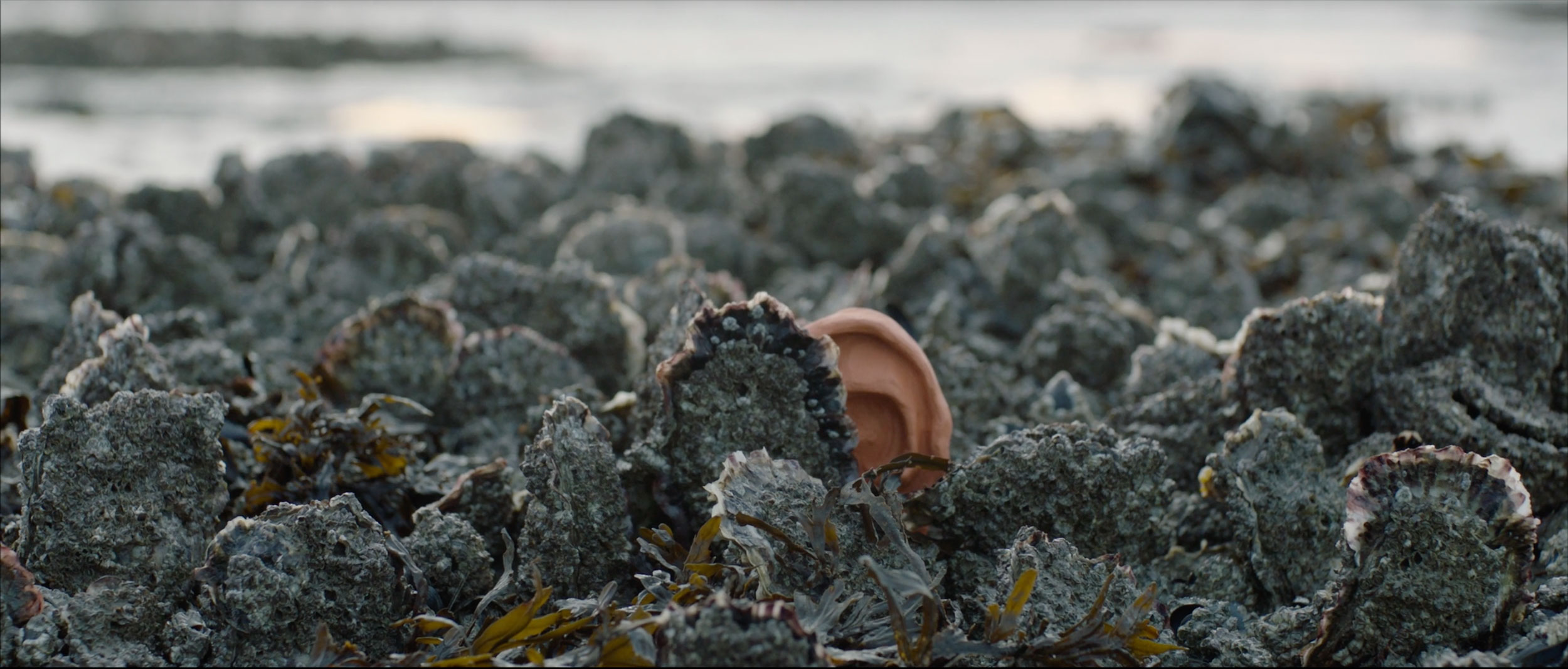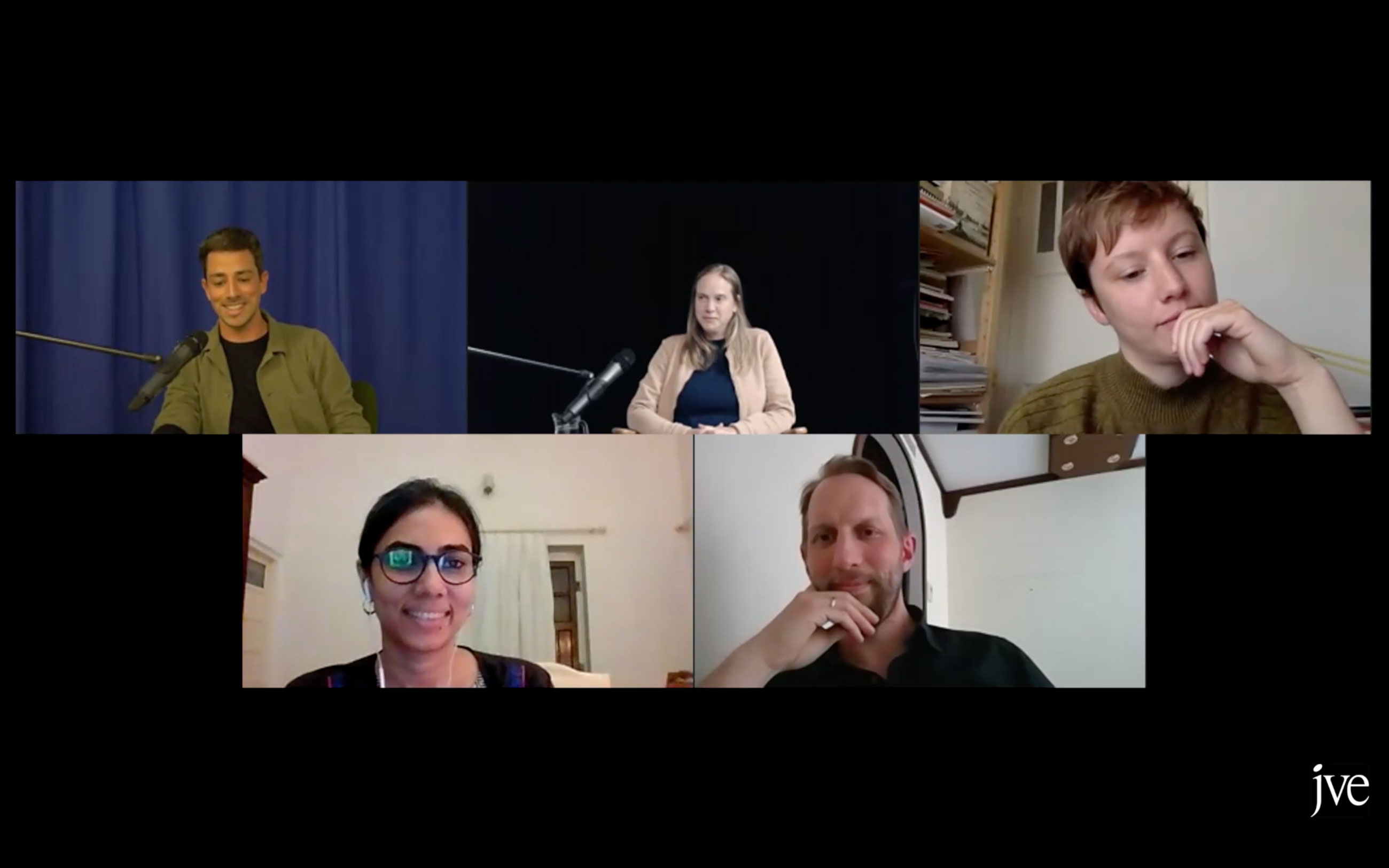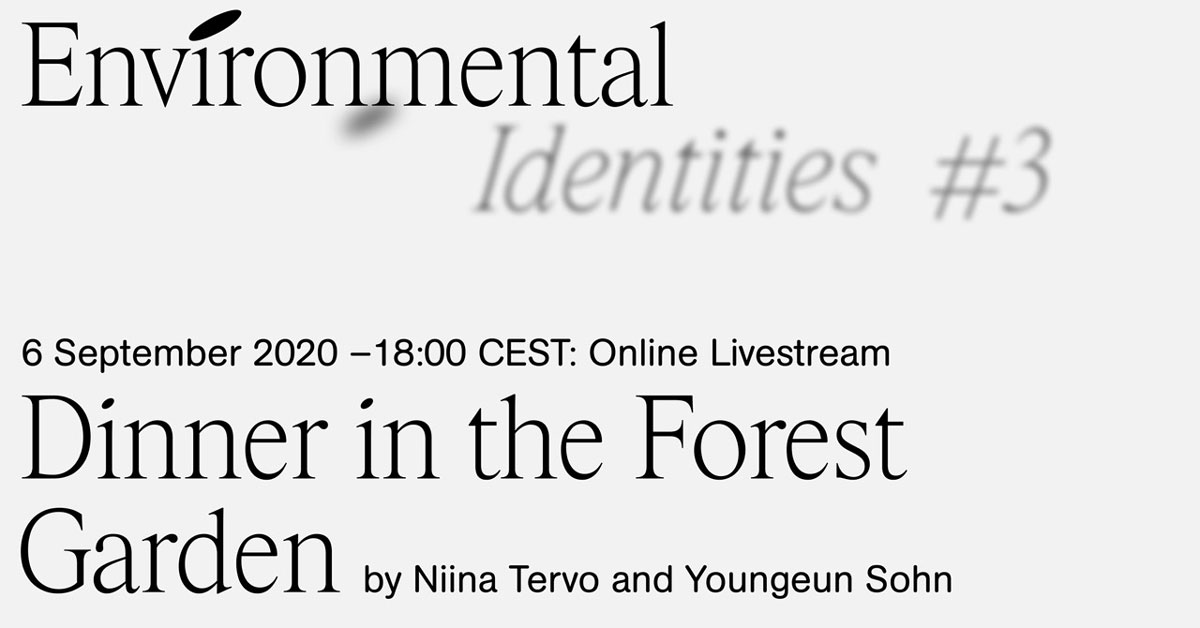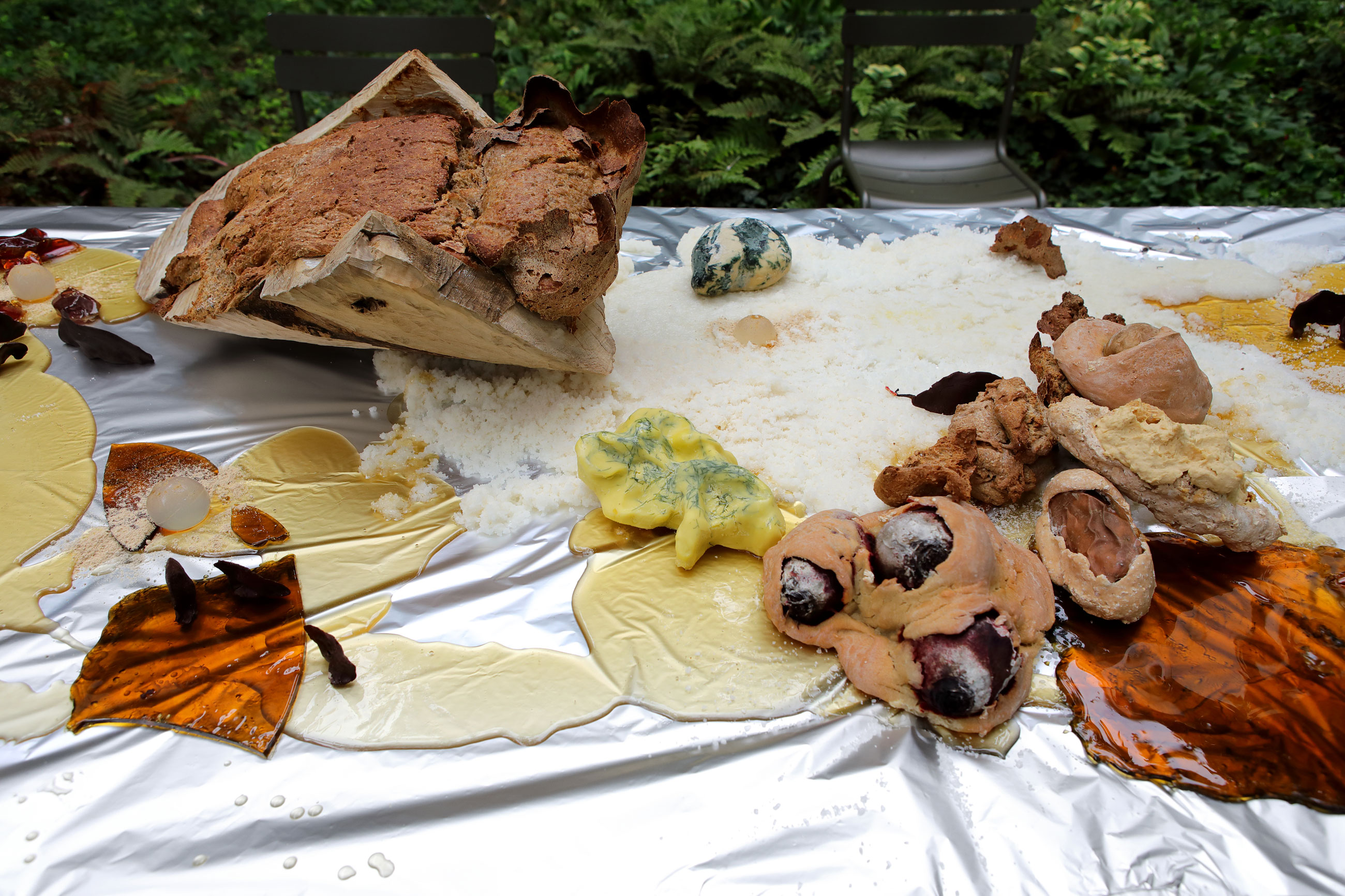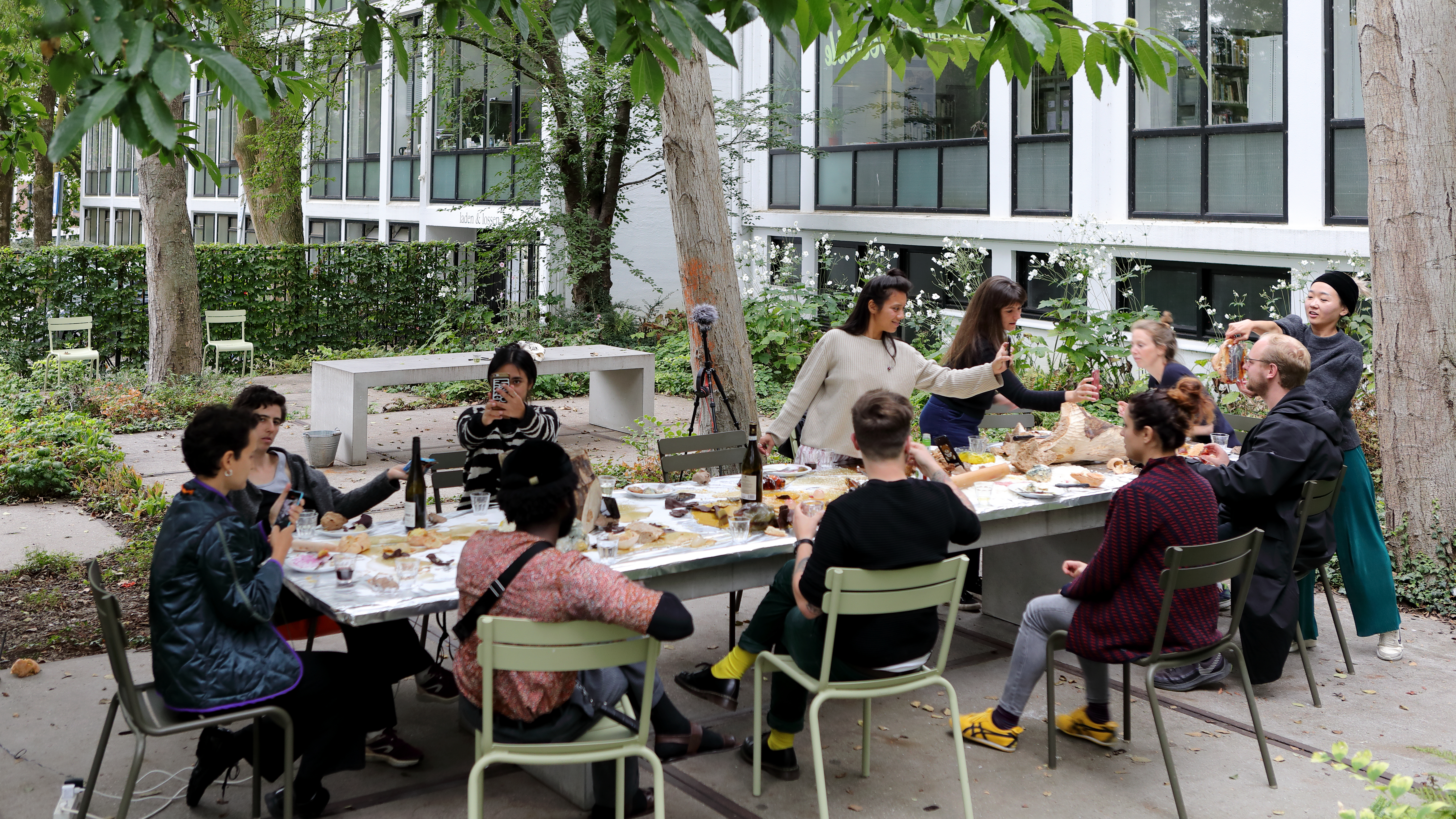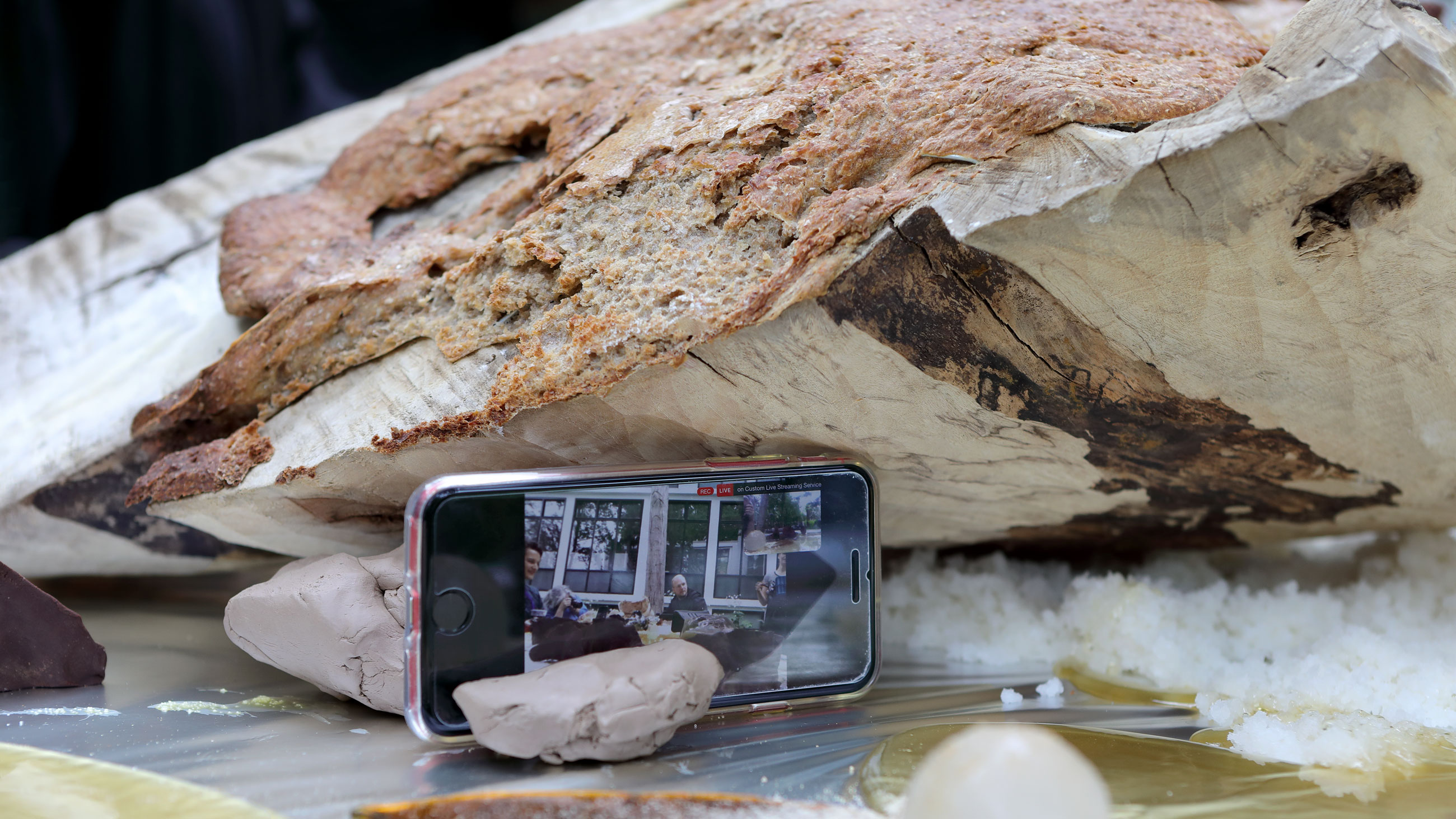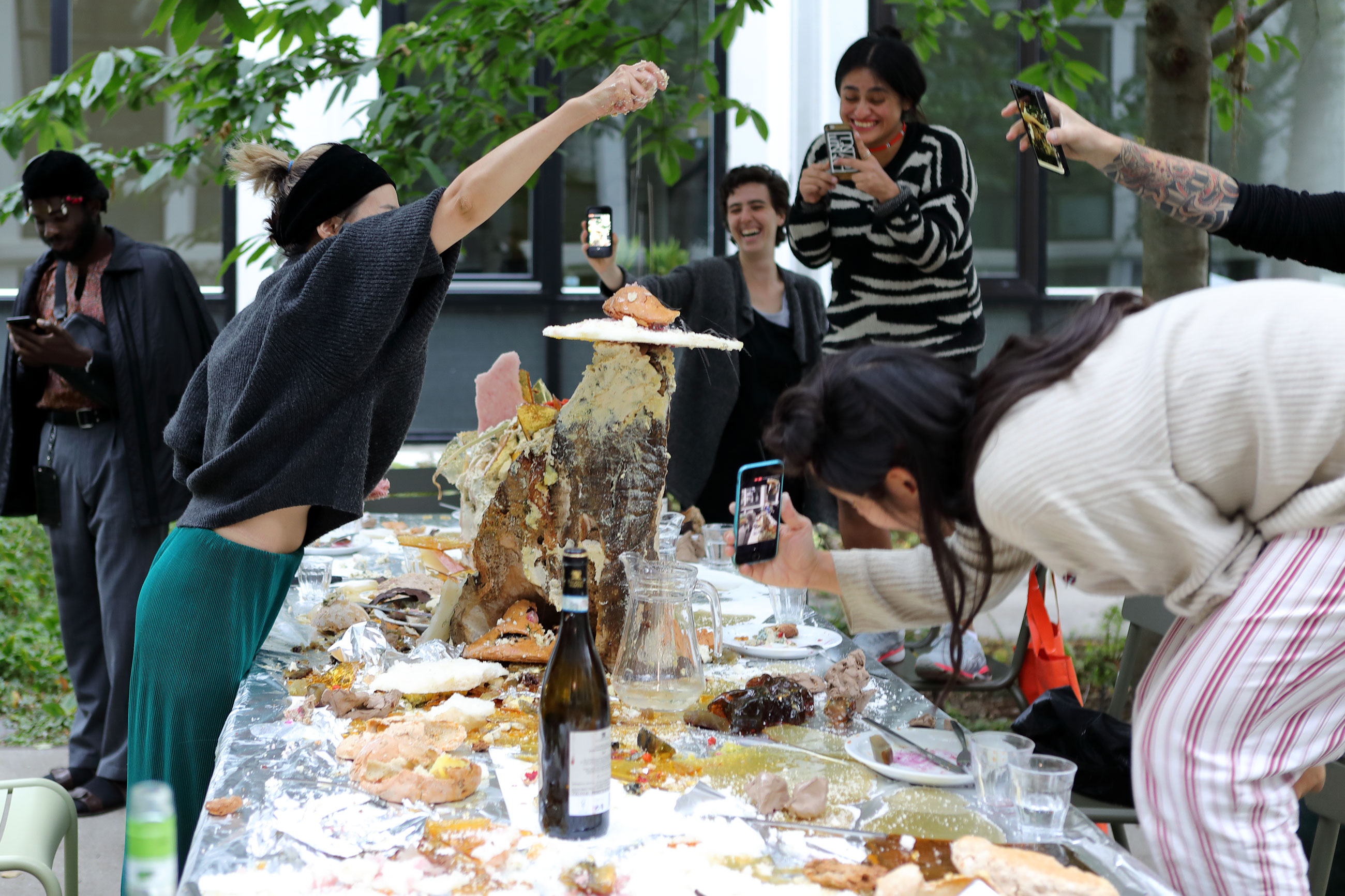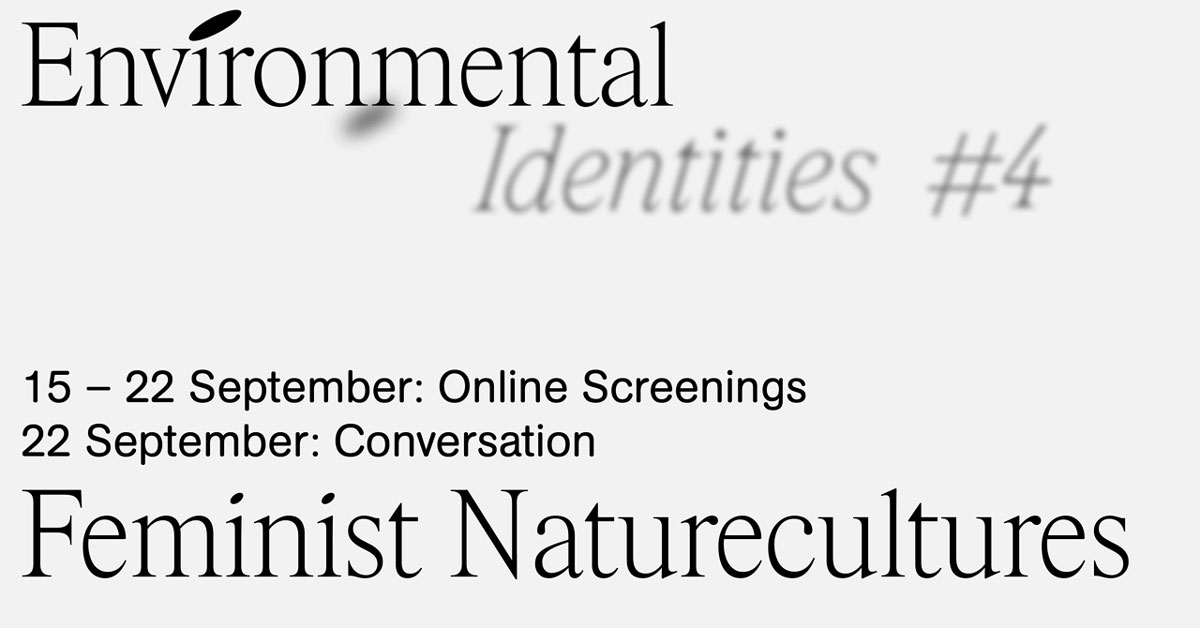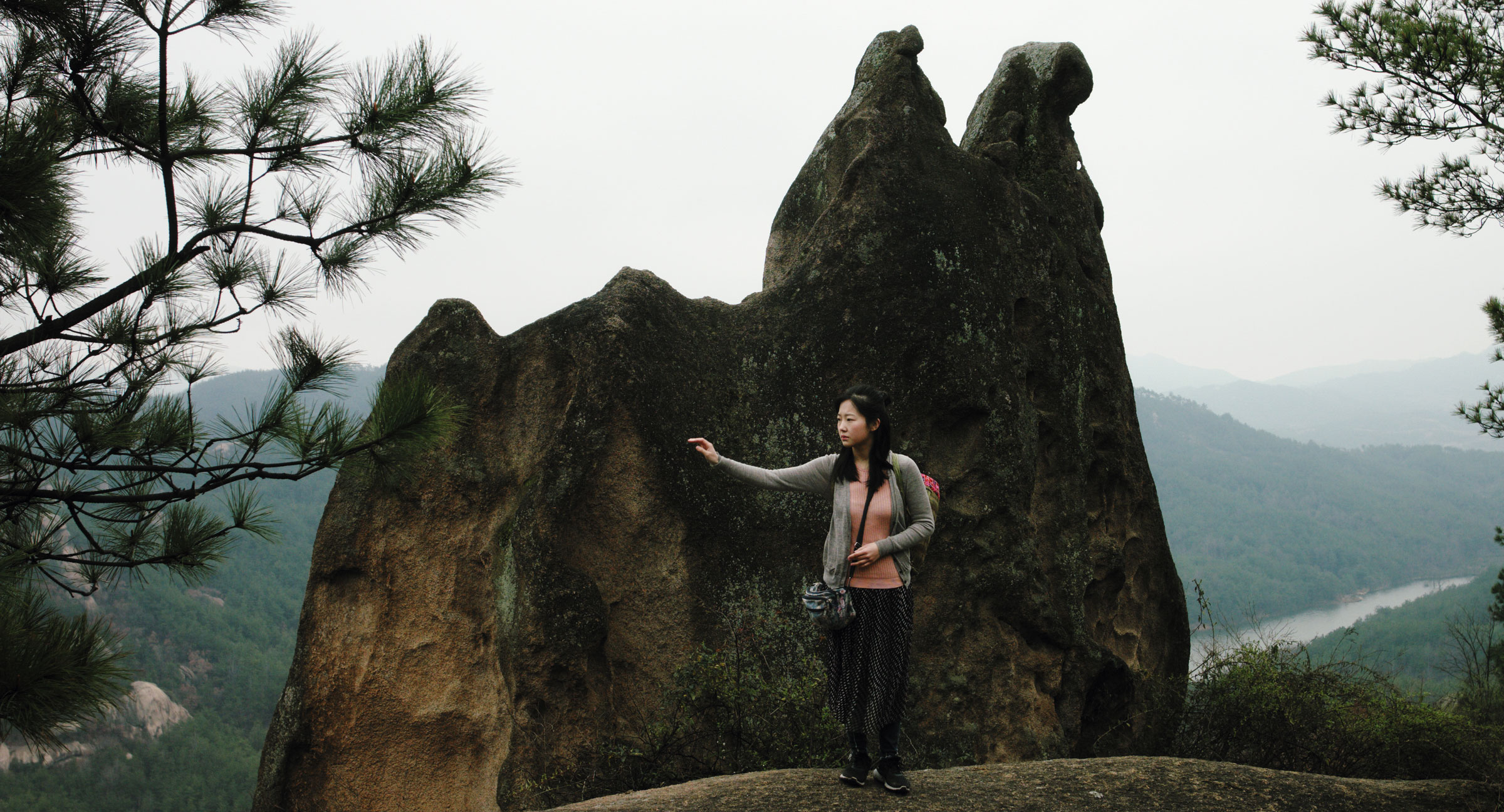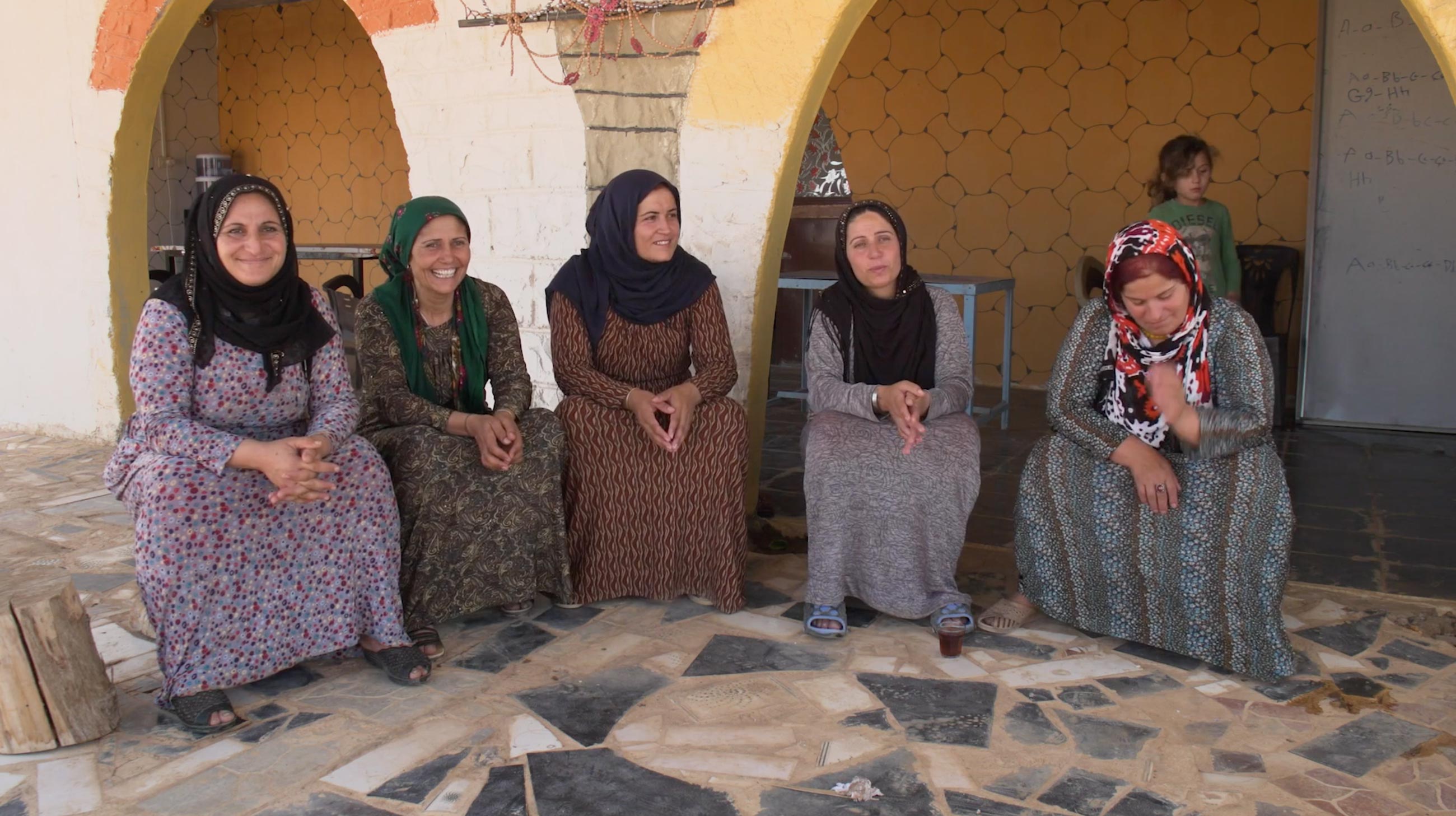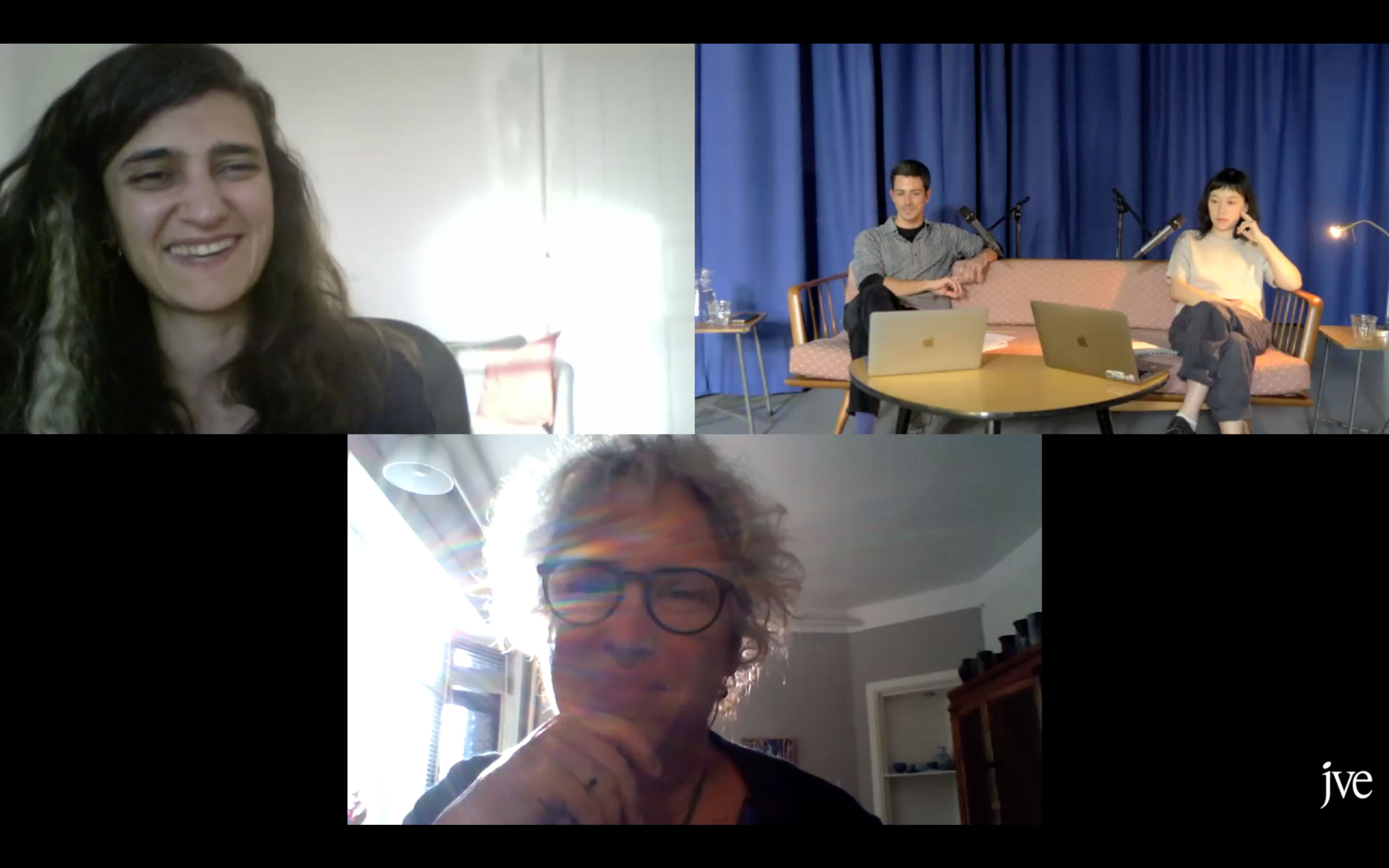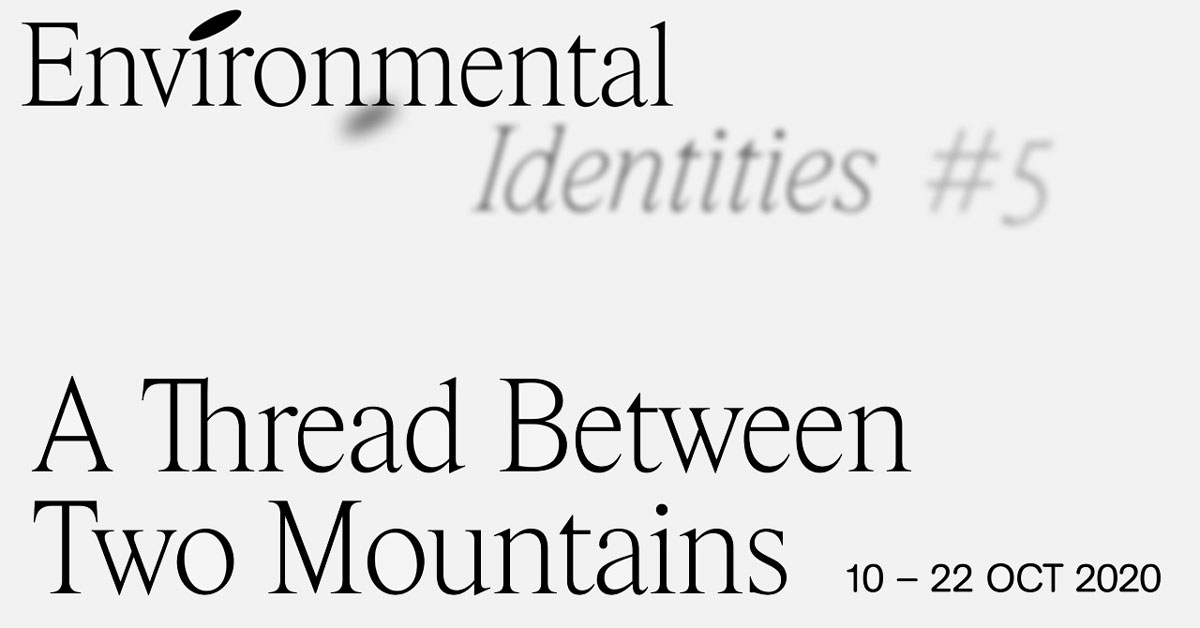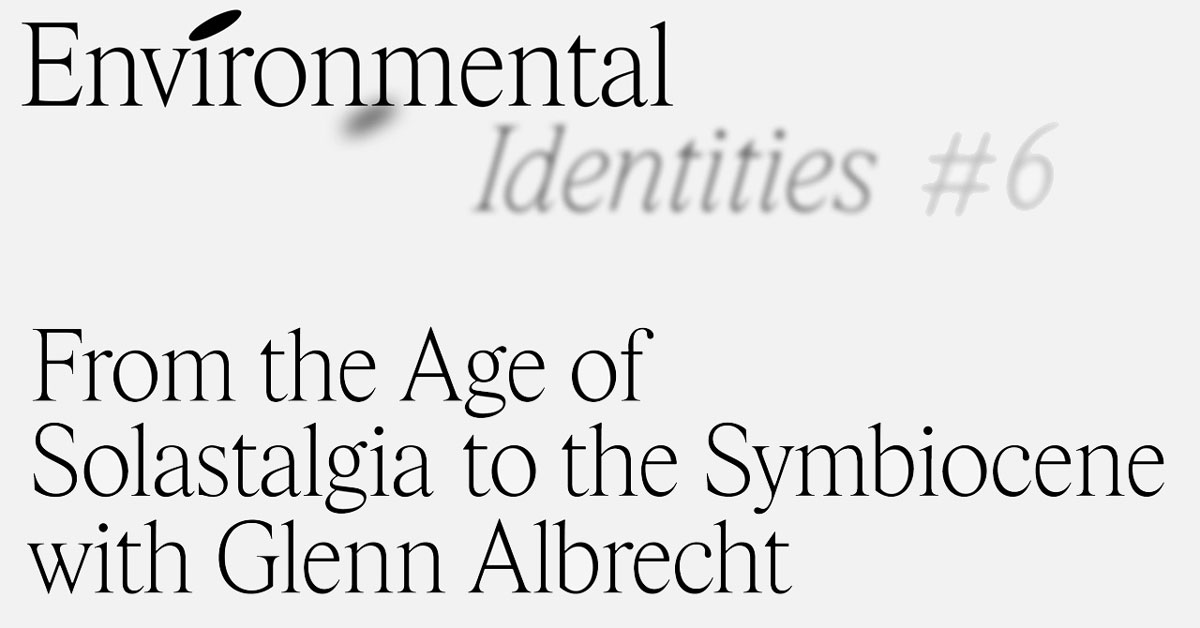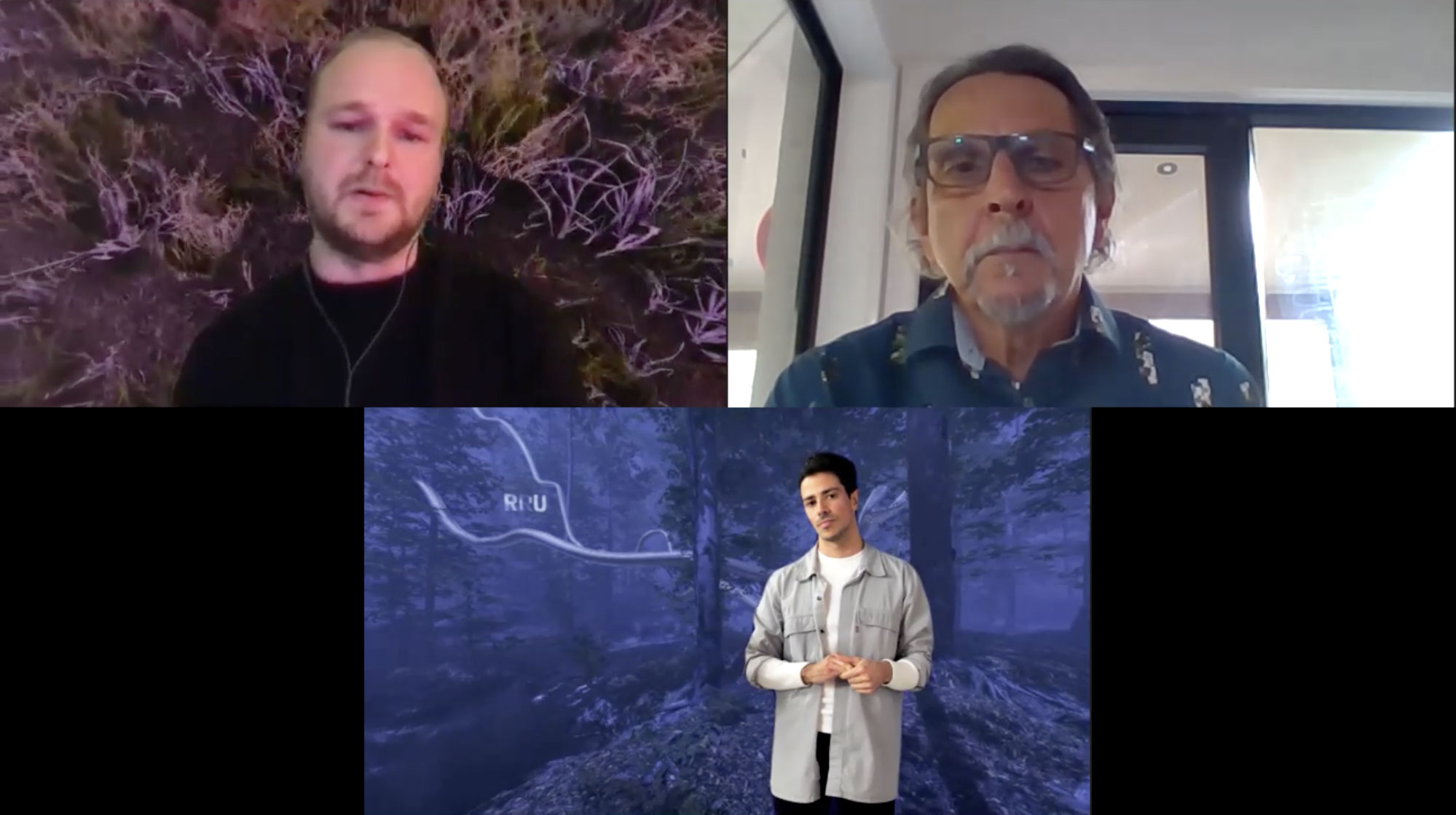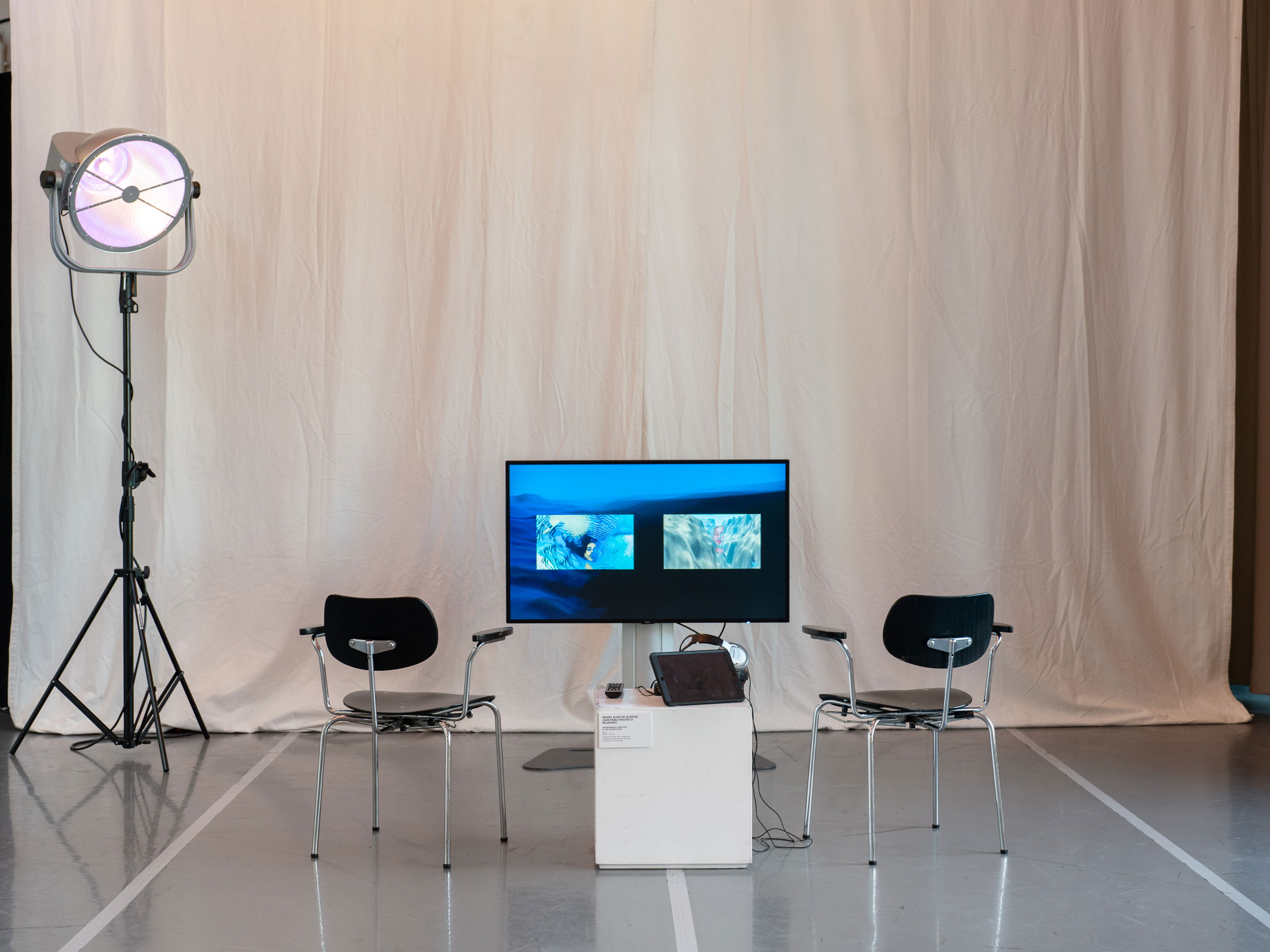Environmental Identities
Environmental Identities consisted of a series of online and offline conversations, commissioned performances, digital works and screenings, which explored the correlation between self/ social identities with our fast-changing natural environment. The events fostered exchanges between cultural practitioners and researchers from the natural and the social sciences, who explored alternative ways of construing our self- and social identities in a world increasingly marked by unsustainable and outdated notions of humanity, and by the ever-increasing processes of ecosystemic devastation instigated by these.
The event responded to and unfolded during the global changes brought by the COVID-19 pandemic, which made evident that our lives are inextricably linked to a comprehensive ecosystem. The concept of ‘environmental identity’, used by the natural and social sciences, expresses such physical, cognitive and emotional connection between humans and their environments. And is key to apprehend that environmental breakdown is not only a techno-scientific battleground but also an ontological one. The urgent re-evaluation of our relation to the natural environment is inseparable from a readjustment of our understanding of our individual and collective identities.
The Environmental Identities series was also a way to respond to the simultaneity between the effects of the pandemic within the Jan van Eyck Academie and the kick-off of the institution’s new policy plan and visual identity, which express the Academie’s commitment in exploring the agency of cultural practices towards environmental breakdown. Environmental Identities catalyzed further reflections on what this institutional shift could entail.
The multi-layered notion of ‘environmental identity’ was unfolded in a sequence of events. First, a conversation with conservation psychologist and lead-author of the IPCC Dr Susan Clayton, who reflected on how the human relationship with nature is socially constructed, and how it can promote environmental concern. National Identity & Environmental Hostility explored how the connection between natural environment and national identity embedded in far-right ideologies influences the inclusion and exclusion of certain bodies and subjectivities. Dinner in the Forest Garden, gathered a group of participants around a series of edible sculptures, in an event that untangled the tensions between the mundane and the performative and between bodily interaction and virtual perception. Feminist Naturecultures explored the correlation between gender and the natural environment, drawing from female subjectivity and feminist worldviews. A Thread Between Two Mountains investigated the land- and soundscapes behind Kurdish and Armenian identities, which have been shaped by the natural environment, colonial military presence, political violence, myths, among other factors. Shifting Identity, by environmental philosopher Glenn Albrecht, expanded on his concepts of Solastagia, the emotional distress caused by environmental change, and Symbiocene, the symbiotic unification with all living things and processes. Waste Identity looked at displacement and migration, through its correlation to the agency and movements of waste in West Africa. Environmental Identities at the Ocean Floor explored the forms of life and the flows of energy that thrive on the seabed, and their influence on the modes of living on the planet’s terrestrial surface.
Environmental Identities
16.06.2020 - 01.07.2021
Jan van Eyck Academie, Maastricht, Netherlands
05 - 11.2021
Junctions21, PACT Zollverein, Essen, Germany
(click to watch)
A Conversation with Dr Susan Clayton, 16.06.2020
National Identity & Environmental Hostility, 15.07.2020
w/ Hanna Rullmann, Faiza Ahmad Khan, Domenico Mangano, Marieke van Rooy & Dr Bernhard Forchtner
Dinner in the Forest Garden, 06.09.2020
A performative event by Niina Tervo and Youngeun Sohn
Feminist Naturecultures, 22.09.2020
w/ Kanthy Peng, Marwa Arsanios & Prof Dr Wendy Harcourt
A Thread Between Two Mountains, from Ararat to Cîlo, 22.10.2020
w/ Felix Kalmenson, Rouzbeh Akhbari, Savaş Boyraz & Yektan Türkyilmaz
Shifting Identity: From the Age of Solastalgia to the Symbiocene, 05.11.2020
w/ Glenn Albrecht & Lukas Rehm
Waste Identity, 01.07.2021
w/ Aàdesokan & Ama van Dantzig
Environmental Identities at the Ocean Floor, 2021
w/ Bruno Alves de Almeida & Juan Pablo Pacheco Bejarano
